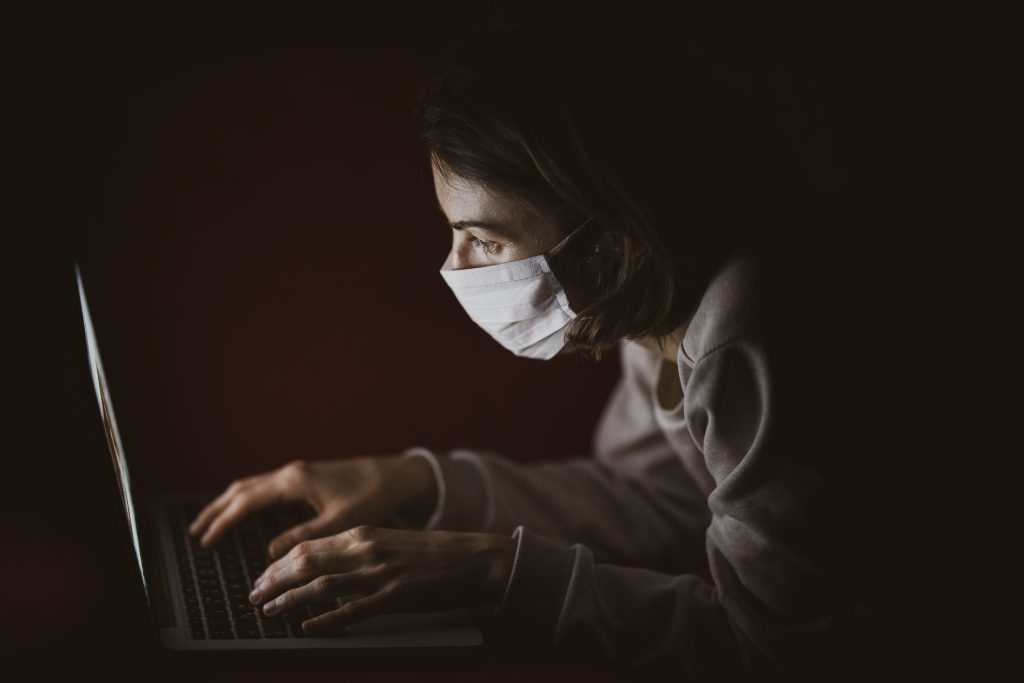
The Mpox virus, formerly known as monkeypox, has been making headlines worldwide, and India is no exception. As concerns rise, it’s essential to understand what the Mpox virus is, how it spreads, and the measures you can take to protect yourself and your loved ones.
What is Mpox?
Mpox is a viral disease that was originally identified in monkeys but can also infect humans. It belongs to the same family of viruses as smallpox, though it’s less severe. Symptoms include fever, headache, muscle aches, swollen lymph nodes, and a characteristic rash that can resemble chickenpox or smallpox. While most cases are mild, severe cases can occur, particularly in individuals with weakened immune systems.

How Does the Mpox Virus Spread?
The Mpox virus primarily spreads through close contact with an infected person or animal. It can be transmitted through respiratory droplets, direct contact with body fluids or lesions, and by touching contaminated surfaces. Human-to-human transmission is more common in close-knit communities and households.
Current Situation of Mpox in India
As of now, India has reported several cases of Mpox, raising public health concerns. The government and health authorities are closely monitoring the situation and have implemented measures to prevent further spread. Awareness campaigns, travel advisories, and guidelines for healthcare providers are part of the efforts to manage the outbreak.
Preventive Measures You Can Take
- Practice Good Hygiene: Regular handwashing with soap and water, or using an alcohol-based hand sanitizer, is crucial. Avoid touching your face, especially your eyes, nose, and mouth, with unwashed hands.
- Avoid Close Contact: If you know someone who is infected or showing symptoms of Mpox, avoid close physical contact. This includes avoiding shared personal items like bedding, towels, and utensils.
- Wear a Mask: In crowded places or when caring for someone who is ill, wearing a mask can help reduce the risk of transmission, particularly through respiratory droplets.
- Stay Informed: Keep yourself updated on the latest information from reliable sources such as the Ministry of Health and Family Welfare or the World Health Organization (WHO).
- Seek Medical Attention: If you experience symptoms associated with Mpox, such as a rash or fever, consult a healthcare provider promptly for diagnosis and treatment.

Government Efforts and Public Awareness
The Indian government is taking proactive steps to control the spread of the Mpox virus. Quarantine protocols, surveillance, and contact tracing are in place to identify and isolate cases quickly. Additionally, public awareness campaigns are being conducted to educate citizens on the symptoms, transmission, and prevention of Mpox.
Conclusion
While the Mpox virus is a cause for concern, understanding the disease and taking preventive measures can significantly reduce the risk of infection. By staying informed and practicing good hygiene, you can help protect yourself and your community from the spread of Mpox in India. Stay safe, stay vigilant, and support public health efforts in managing this emerging health challenge.



